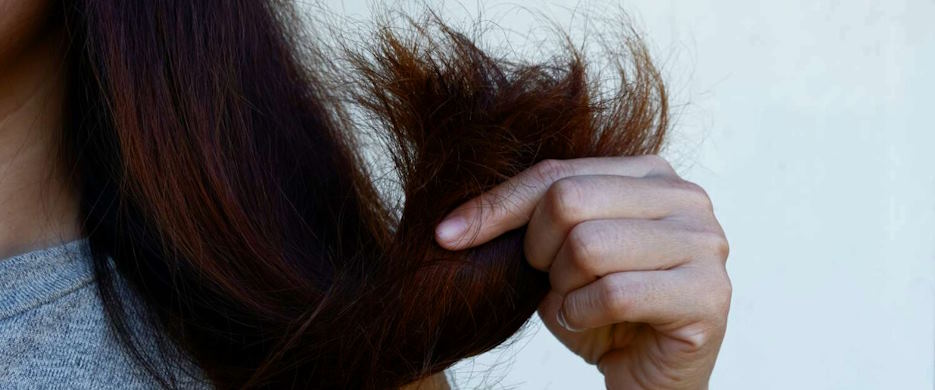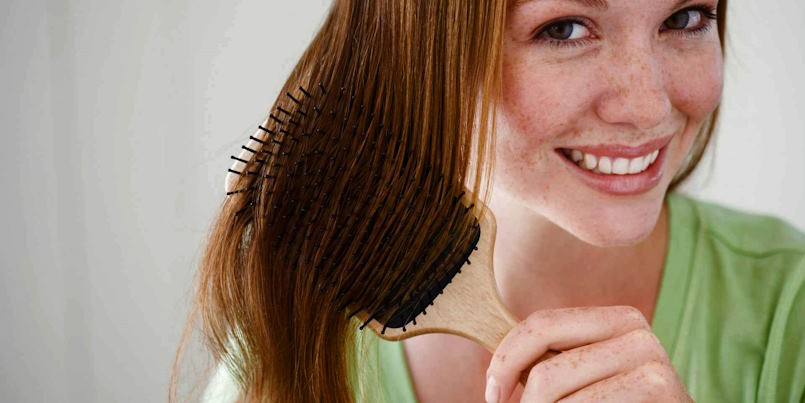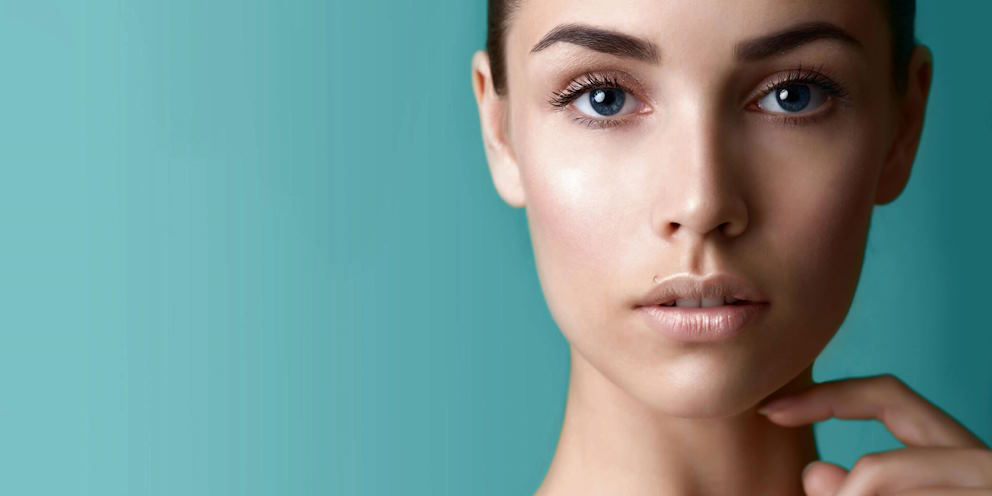It’s not a secret that hair plays a big part in how you feel about yourself. We often think that shampoos and hair products are all we need for good hair. But there’s more to it. Inside our bodies, something called hormones can greatly affect our hair.
In what way does it influence your hair?
Hormones, these tiny chemical messengers in your body, have a big role in how your hair looks and feels. They can either be your hair’s best friend or a bit of a frenemy. Here’s how it all works:
Puberty
When you hit those teenage years, your body produces more androgens, which are male hormones (but girls have them too). These hormones can cause your hair to become oilier, sometimes leading to more acne and even increased body hair. But, as a bonus, your hair might get thicker during this time.
Pregnancy
While pregnant, most women enjoy thicker and shinier hair due to increased estrogen. However, after giving birth, hormone levels drop, which can result in hair shedding. It is a normal and usually temporary occurrence.

Menopause
As you enter menopause, your estrogen levels decrease. This drop can make your hair thinner and more prone to breakage. Some women also experience an itchy scalp during this time.
Stress
Stress can mess with your hormones, too. The hormone cortisol, which increases when stressed, can lead to hair loss or slower growth.
Medical Conditions
Hormonal imbalances, often triggered by conditions like thyroid disorders, can significantly affect your hair. It may include hair thinning, changes in hair texture, and even hair loss. Therefore, monitoring your overall health and consulting a healthcare professional if you suspect a hormonal imbalance impacting your hair health is essential.
Medications
Some medications, like birth control pills and hormone replacement therapy, can affect your hair. Birth control can sometimes improve your hair’s thickness and texture, while hormone therapy may lead to hair thinning.
Aging
Aging triggers hormonal changes that affect hair. These shifts result in less volume and greater hair fragility. While these changes are natural, proper hair care can help manage their impact.
Understanding these connections can help you take better care of your hair and keep it looking its best, no matter your life stage.


